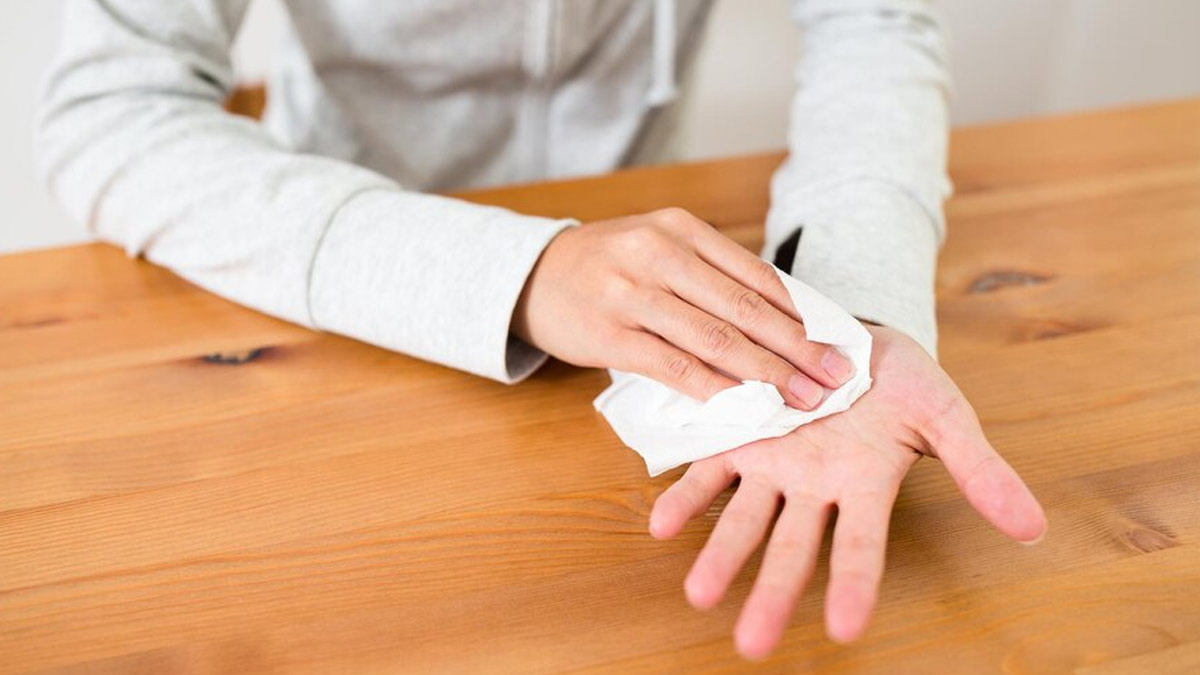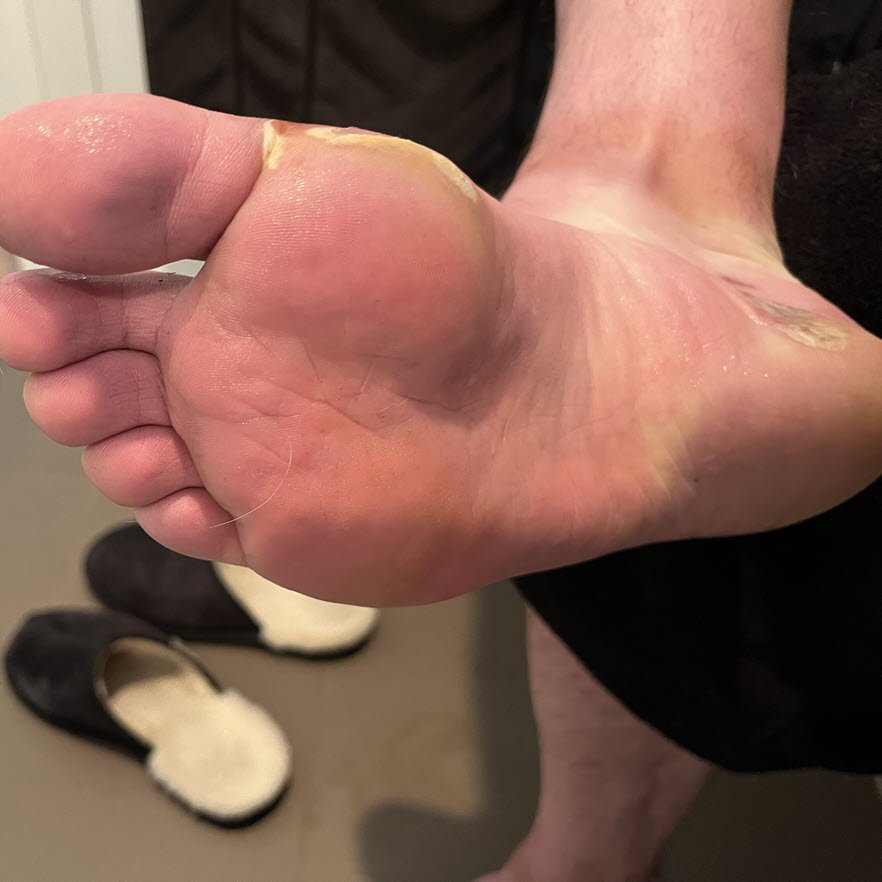Comprehending Excessive Sweating: Dermatology Insights on How to Stop Sweaty Hands
Comprehending Excessive Sweating: Dermatology Insights on How to Stop Sweaty Hands
Blog Article
Recognizing the Source of Excessive Sweating and Its Influence On Every Day Life
While it is typically understood as a physical action to regulate body temperature level, the triggers for excessive sweating can vary extensively among people, incorporating not only physical elements however also emotional and psychological components. By diving into the root creates of hyperhidrosis and exploring its complex impacts, a much deeper understanding of this pervasive issue can be gotten, dropping light on the complexities that people grappling with extreme sweating browse on an everyday basis.
Physiology of Sweat Glands
The regulation of sweat manufacturing, a vital physical procedure, is primarily controlled by the activity of sweat glands distributed across the human body. Sweat glands are classified into two primary types: eccrine and apocrine glands.
When the body temperature level rises, either as a result of exercise, high temperature levels, or psychological stress, the nerve system triggers the gland to produce sweat. This sweat is composed primarily of water and electrolytes like sodium and chloride. The procedure of sweat production is crucial for maintaining the body's inner temperature level within a slim, optimum range, highlighting the crucial duty gland play in human physiology.
Triggers for Excessive Sweating
In comprehending the origin triggers of too much sweating, it is crucial to determine the triggers that can lead to this physical reaction. Physical exertion, high temperature levels, and spicy foods are additionally known to trigger too much sweating in people susceptible to this condition.
Furthermore, medications such as some antidepressants, opioids, and specific supplements can likewise serve as triggers for hyperhidrosis. Understanding these triggers is vital in handling extreme sweating efficiently - How to stop sweaty hands. By determining and dealing with the particular triggers that motivate excessive sweating in a specific, doctor can create personalized therapy plans to relieve this problem and improve the individual's lifestyle
Medical Conditions Associated
Connected with too much sweating are various medical problems that can worsen this physical reaction. One common problem is hyperhidrosis, a disorder identified by unusually enhanced sweating that exceeds the body's thermoregulatory demands. This can show up in focal locations like the hands, soles, underarms, or face, influencing a person's high quality of life as a result of social humiliation and pain.
Additionally, endocrine conditions such as hyperthyroidism, diabetes mellitus, and menopausal hot flashes can likewise result in excessive sweating. Hyperthyroidism causes an overproduction of thyroid hormonal agents, accelerating metabolic process and causing sweating. Diabetes mellitus can induce sweating episodes, you could try these out particularly throughout hypoglycemic episodes when blood sugar degrees go down also low. Menopausal warm flashes, credited to hormonal fluctuations throughout menopause, can trigger sudden and intense sweating, usually gone along with by flushing and heart palpitations.
In addition, infections like tuberculosis, endocarditis, and hiv have been related to night sweats, a common symptom known to disrupt rest and influence total well-being. These clinical problems highlight the varied series of underlying variables that can add to excessive sweating, requiring thorough assessment and administration by healthcare professionals.
Psychological and Emotional Factors

Influence On Social Communications
Extreme sweating can have extensive impacts on a person's capacity to engage easily in social interactions. The visible signs of sweat discolorations or wet patches on garments can cause humiliation and self-consciousness, causing individuals to withdraw from social circumstances. This withdrawal can influence partnerships, limit social activities, and hinder individual and expert development.

In addition, the anxiousness and self-confidence problems coming from too much sweating can influence interaction and social abilities. People may battle to concentrate on discussions, join group tasks, or reveal themselves with confidence. This can result in feelings of isolation and published here isolation, as social links come to be challenging to maintain.
Final Thought

While it is typically comprehended as a physical response to regulate body temperature, the triggers for excessive sweating can differ extensively among individuals, incorporating not only physical factors yet additionally psychological and emotional aspects. By delving right into the root creates of hyperhidrosis and exploring its diverse results, a deeper understanding of this pervasive problem can be acquired, dropping light on the intricacies that individuals grappling with extreme sweating browse on a day-to-day basis.
Physical exertion, high temperature levels, and spicy foods are likewise understood to activate too much sweating in people susceptible to this condition. By recognizing and attending to the particular triggers that prompt too much sweating in a private, health care companies can establish customized treatment strategies to alleviate this problem and improve the individual's quality of life.
Extreme sweating can have profound effects on a person's capability to engage easily in social interactions.
Report this page